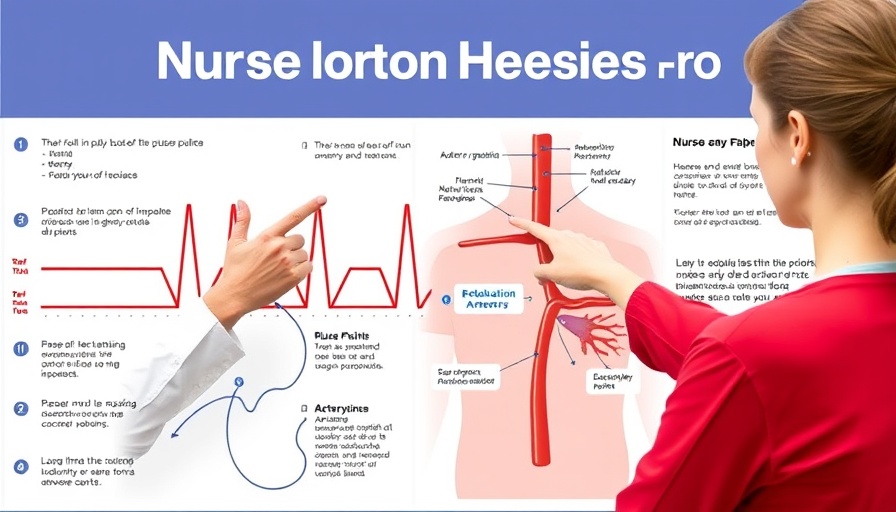
Understanding the Impact of Meningitis Through a Personal Journey
Nurse Sarah's recent experience with meningitis serves as a compelling reminder of the illness's impact, both physically and emotionally. Initially feeling just fatigued and unwell, her symptoms quickly escalated into a terrifying journey involving nerve pain, neck stiffness, headaches, and a series of trips to the emergency room. For healthcare professionals and students in Uganda and East Africa, this firsthand account underscores the importance of recognizing early signs of meningitis and the necessity of prompt medical intervention.
In Nurse Sarah Meningitis Health Update, Signs & Symptoms, Labs, & More, she shares her personal battle with meningitis, revealing key insights that resonate with healthcare providers and nursing students.
Signs and Symptoms: Recognizing Meningitis Early
The onset of meningitis can often be confused with less severe illnesses. In Sarah's case, she experienced unusual symptoms like unilateral nerve pain and severe headaches leading to a diagnosis of aseptic lymphocytic meningitis. Health care professionals should be vigilant for symptoms such as neck stiffness, visual disturbances, and severe nausea. Proper education and training can enable nurses and student nurses in East Africa to identify these symptoms early, potentially saving lives.
Diagnostic Testing: The Key to a Timely Diagnosis
Sarah’s story highlights the critical role of diagnostic testing in confirming meningitis. Upon admission, she underwent multiple tests, including a lumbar puncture and extensive blood analysis, leading to the identification of the condition. This serves as a reminder for nurses to understand testing protocols and be prepared to advocate for necessary medical evaluations when faced with such symptoms.
Effective Treatment Options: Lessons for Health Care Providers
Sarah learned that treatment for meningitis often involves antibiotics and other supportive care. After an initial allergic reaction to a prescribed antibiotic, her recovery was marked by a change in medication that effectively addressed her condition. It’s essential for nursing students to familiarize themselves with common treatment protocols for meningitis, as well as the importance of tailoring medication to the patient's individual needs.
The Emotional Support System in Healthcare
Beyond the physical healing, Sarah emphasized the importance of support from family, friends, and healthcare providers. The emotional toll of severe illness can strain relationships and exhaust mental health. Health care professionals should advocate for holistic care that includes emotional support for patients and their families during challenging health experiences.
As healthcare nurses and nursing students in Uganda and East Africa seek to enhance their understanding of meningitis and its management, they can learn valuable insights from Sarah's journey. It is imperative to embrace the comprehensive education available today, which prepares these future medical professionals not only to treat ailments but to provide compassionate care that addresses both physical and emotional needs.
Don't overlook the importance of continuous learning in your healthcare journey. Engaging with real-life cases like Sarah's can deepen your understanding and enhance your ability to recognize and treat conditions like meningitis effectively. Start expanding your knowledge today!
 Add
Add  Add Row
Add Row 




Write A Comment